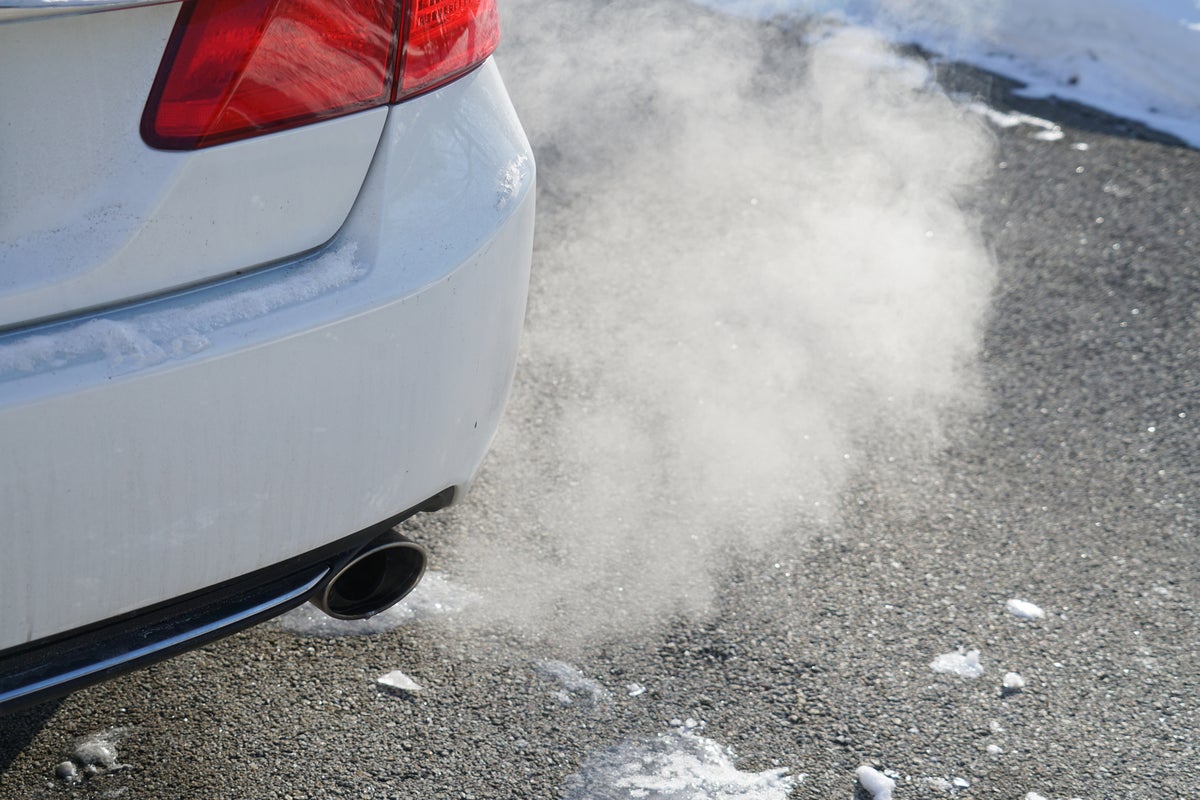A landmark legal battle is set to begin at the High Court on Monday, as five major car manufacturers are accused of cheating on emissions tests.
The trial marks a significant development in the ongoing “dieselgate” scandal, potentially impacting 1.6 million vehicle owners in what lawyers describe as the largest class action in English and Welsh legal history.
The companies face allegations that they used software which allowed their cars to reduce emissions of harmful gases under test conditions.
The five carmakers involved are Mercedes, Ford, Peugeot/Citroën, Renault, and Nissan, all of which deny the accusations. They have been accused by 220,000 car owners of misleading them about emissions tests.
The five companies were chosen by the court as the lead defendants to be tried first. Nine other carmakers could face similar claims depending on the outcome of the case.
These are: Opel and Vauxhall, Volkswagen and Porsche, Jaguar Land Rover, BMW, FCA and Suzuki, Volvo, Hyundai/Kia, Toyota, and Mazda.
The “dieselgate” scandal dates back to September 2015, when Volkswagen was accused by the US Environmental Protection Agency of installing software on diesel cars to lower readings of their nitrogen oxide emissions.
Known as “defeat devices”, the High Court ruled in 2020 that Volkswagen had used the software, putting it in breach of European Union requirements around emission testing.
The carmaker settled a class action out of court and paid £193m to 91,000 UK drivers. To date, the company has paid out over £27.8bn over the scandal, mostly in the US.
Beginning on Monday, the High Court will decide whether systems installed in diesel cars by the five carmakers were similarly designed to bypass clean air laws.
They face allegations that defeat devices were used to allow a car to identify when it was in a test scenario. This would cause it to run its engine at a lower power level, meaning that lower readings of nitrogen oxides were recorded.
Lawyers representing motorists claim their clients were deceived about the environmental impacts of the vehicles, and that the cars’ continued presence on roads means dangerous levels of pollution continue to be emitted.
A judgment is not expected until Summer 2026. If the court finds against the carmakers, a further trial to determine compensation payments to those affected would likely be in Autumn 2026.
Martyn Day of Leigh Day, one of the 22 law firms representing drivers, said: “A decade after the dieselgate scandal first came to light, 1.6 million UK motorists now get their chance to establish at trial whether their vehicles contained technology designed to cheat emissions tests.”
If the allegations against the car firms are upheld in court, it “would demonstrate one of the most egregious breaches of corporate trust in modern times”, he added.
“It would also mean that people across the UK have been breathing in far more harmful emissions from these vehicles than they were told about, potentially putting the health of millions at risk.”
Those taking legal action either bought, leased or otherwise acquired a diesel vehicle made by one of the companies, with most living in England and Wales but some living elsewhere in the UK.
Mercedes owner Adam Kamenetzky said: “If these allegations are true, the regulators, the politicians and the public have been cheated by manufacturers who, it’s claimed, are profiting from their sale of diesel cars while flouting clean air laws and measures such as Ulez, which aim to improve public health.”
The companies involved in the case deny the claims.

